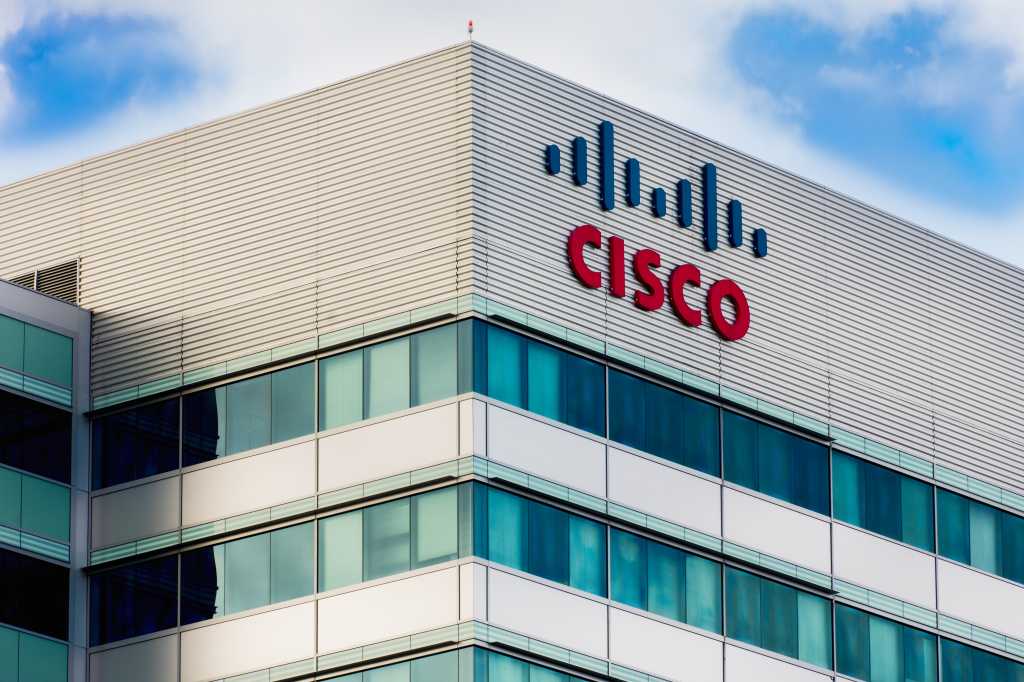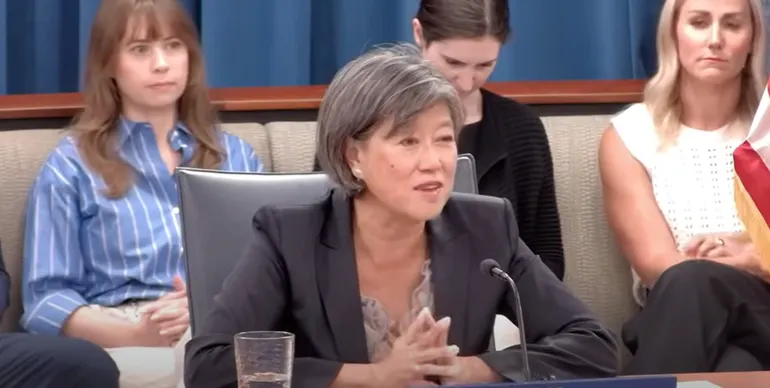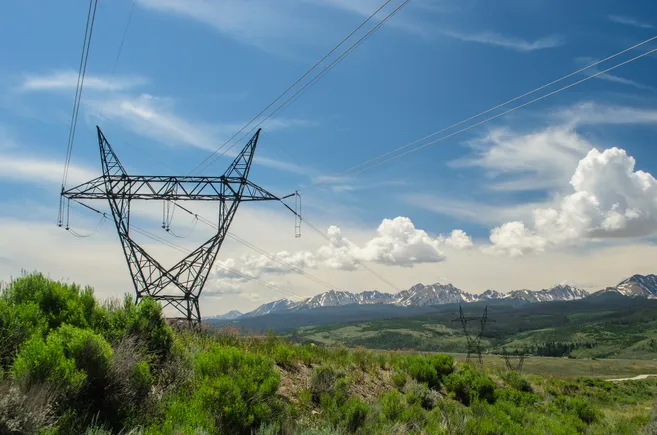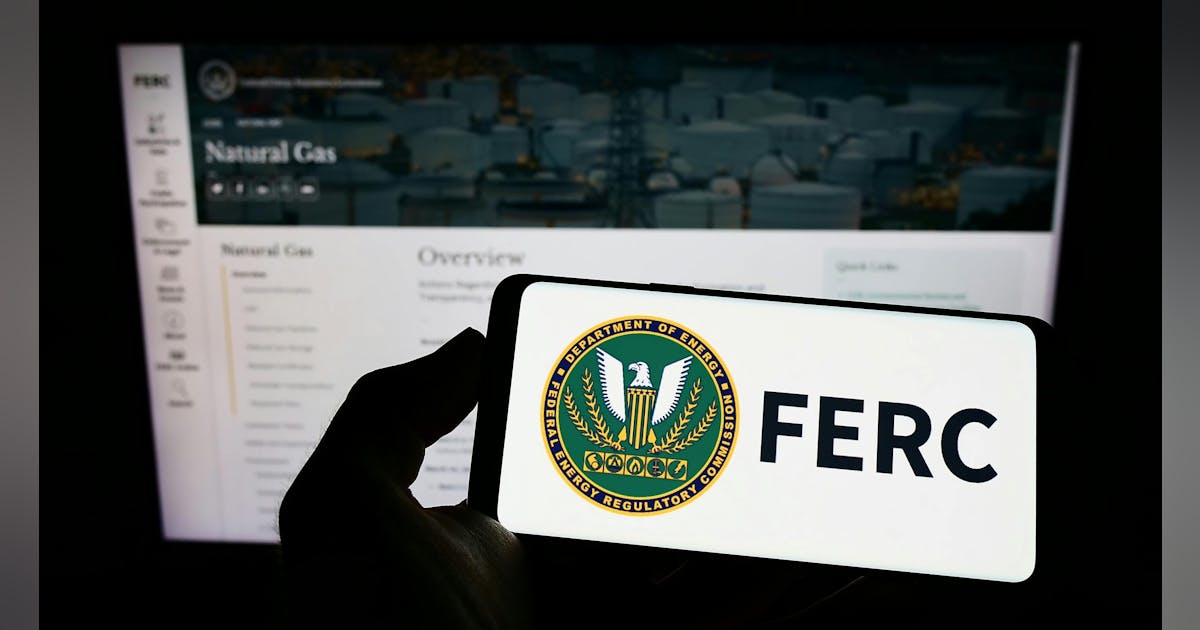
India said it held “constructive meetings” with the US this week on a trade deal, although Washington’s demand that New Delhi stop buying Russian oil is weighing on the negotiations.
US trade negotiators made it clear to their Indian counterparts that resolving the Russia issue was crucial to reducing India’s tariff rate and sealing a trade deal, a person familiar with the matter said, asking not to be identified because the discussions are private. While the negotiations this week were positive, they failed to yield any significant breakthroughs, the person said.
An Indian team led by Commerce Minister Piyush Goyal offered concessions to the US officials, including easing some restrictions on the import of genetically modified corn, and offering to buy more American defense and energy goods, the person said. Goyal said Wednesday that India was willing to buy more energy goods from the US “in the years to come.”
President Donald Trump doubled tariffs on Indian goods to 50 percent last month, accusing New Delhi of helping Russian leader Vladimir Putin finance his war in Ukraine. India’s government has struck a defiant tone, saying it won’t halt Russian purchases and calling the US’s actions “unfair, unjustified and unreasonable.”
The trade negotiations in Washington from Sept. 22-24 were constructive, with both sides exchanging views on the “possible contours of the deal,” India’s government said in a statement. Goyal met with US Trade Representative Jamieson Greer and Sergio Gor, Trump’s nominee for ambassador to India. The minister also met with Indian businesses and investors during the trip.
A spokesperson for the US embassy in New Delhi said it doesn’t comment on private diplomatic conversations, while reiterating the Trump administration’s position that India’s actions were undermining US efforts to counter Russia. The 25 percent penalty on India “aims to deter countries from supporting the Russian economy through oil revenue and impose serious economic consequences on Russia for its ongoing aggression,” the spokesperson said in an emailed response to questions.
Immigration Rules
The impasse makes prospects for a trade deal uncertain despite optimism following last week’s resumption of talks and a call between Trump and Indian Prime Minister Narendra Modi. The US president’s recent crackdown on the immigration of skilled workers – rules that will disproportionately hurt Indian nationals – further complicates the negotiations.
New Delhi’s broad strategy to secure a trade deal includes reducing the trade surplus with the US by buying more American goods, improving access to Indian markets and easing trade barriers, people familiar with the matter said.
India is considering roughly $40 billion of big-ticket purchases such as defense and oil from the US, the people said, asking not to be identified because the discussions are private. New Delhi is discussing buying limited quantities of genetically-modified corn, not meant for human consumption, and non-core dairy products, which aren’t produced in the nation, the people said.
The US’s trade deficit with India stood at $42.7 billion in 2024.
Officials have also conveyed to the US that any significant reduction in Russian oil imports would require Washington to instead allow crude purchases from sanctioned suppliers Iran and Venezuela, Bloomberg reported Thursday.
What do you think? We’d love to hear from you, join the conversation on the
Rigzone Energy Network.
The Rigzone Energy Network is a new social experience created for you and all energy professionals to Speak Up about our industry, share knowledge, connect with peers and industry insiders and engage in a professional community that will empower your career in energy.






















